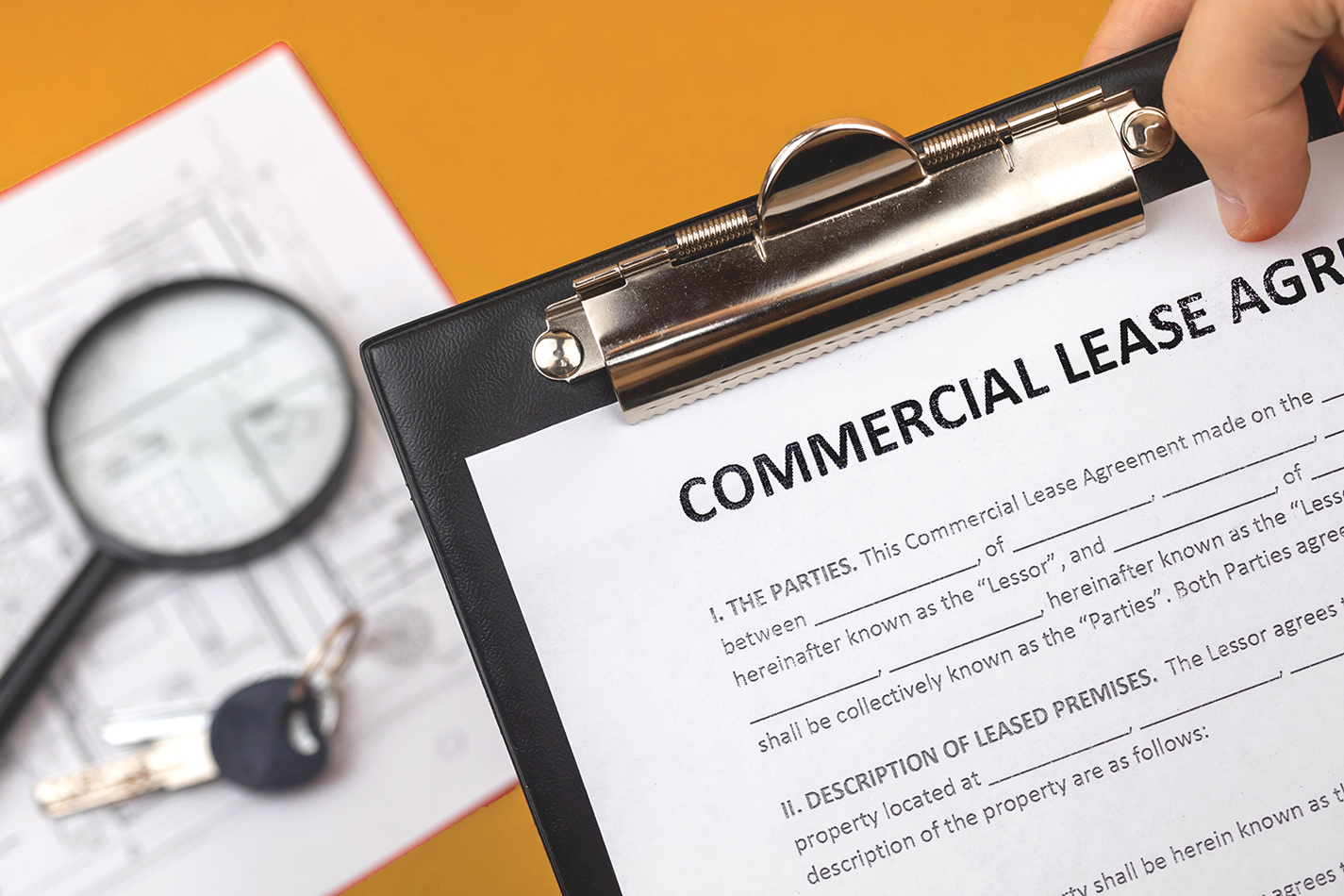Understand Your Lease
There are three primary types of commercial building leases: Gross, Modified Gross, and Net (often referred to as a “Triple Net” or “NNN” lease).
Gross Lease: In a gross lease, the tenant pays a flat rate to the landlord that covers all expenses related to the property, including property taxes, insurance, and maintenance. The landlord is responsible for all repairs and improvements to the property.
Modified Gross Lease: In a modified gross lease, the tenant pays a flat rate to the landlord, but the rate does not include expenses such as property taxes, insurance, or maintenance. The landlord is still responsible for all repairs and improvements to the property.
Triple Net Lease: In a triple net lease, the tenant pays the landlord a flat rate that does not include property taxes, insurance, or maintenance. The tenant is responsible for all repairs and improvements to the property. In addition, the tenant is also responsible for paying a portion of the property taxes, insurance, and maintenance costs.
It is essential to understand which type of lease you have to know who is responsible for roof maintenance. In a gross lease, the landlord is responsible for all repairs and improvements to the property, including the roof. In a modified gross or net lease, the tenant is responsible for all repairs and improvements to the property, including the roof.
Ask The Expert
We asked Blake Nelson, attorney, and partner at the Hellmuth & Johnson law firm, to answer some common questions we get from our customers. Blake’s practice is focused on Business Law, Construction Law, and Real Estate Law, among others. Below are his answers:
Q: How can I make sure I am not responsible for roof maintenance costs on a commercial building lease?
A: If a lease uses a “triple net” rent structure, then the tenants of the building will pay base rent plus an additional amount to cover the operating expenses for the building, sometimes called “CAM” (common area maintenance).
CAM expenses almost always include maintenance costs for the roof. However, replacement of the roof should not be included in the CAM expenses. In general, no capital improvements (new roof, new parking lot, etc.) should be included in the CAM expenses and should be the landlord’s responsibility.
If capital improvements are included in the CAM expenses, the costs payable by the tenants should be amortized over the useful life of the capital improvement.
If the lease does not use a triple net structure but instead you will only pay a flat rent amount each month (often called a “gross lease”), then the landlord will be responsible for roof maintenance costs.
Q: According to my commercial building lease, my landlord is responsible for roof maintenance, but they have neglected it. Now the roof is leaking and has caused damage to the fixtures in my business and created an unsafe environment for employees and customers, forcing us to close for business temporarily. What is my recourse?
A: First, send the landlord a notice of default under the lease and demand that it immediately take steps to fix the roof and remediate your premises.
Your lease likely contains provisions about landlord maintenance and the time period within which the landlord must cure a default after receiving written notice.
If the landlord still fails to take action, you should tender a claim to your insurer and determine if your insurance will cover the damages. If not, you will likely need to pay to fix the damages and seek reimbursement from the landlord. The language of the lease should dictate the exact process.
So you’re responsible for roof maintenance: Now what?
If you are responsible for maintaining and repairing the roof, you should keep a few things in mind.
First, regular maintenance is essential. This means regularly cleaning the gutters, inspecting the roof for any damage, and making repairs as needed. Consider a maintenance plan that includes regular inspections and minor repairs when needed.
Preventative maintenance helps manage your monthly expenses and can significantly extend the life of your roof, saving you the cost of a roof replacement before it’s necessary.
Second, it is important to have a plan in place for major repairs. This may mean setting aside money in a reserve fund or having a line of credit that can be used for unexpected repairs.
Finally, keeping good records of all roof maintenance and repairs is essential. This will not only help you keep track of expenses, but it will also be helpful if you ever need to file an insurance claim.
Conclusion
Overall, it is important to understand your responsibilities when it comes to roof maintenance before you sign a lease. This will help you avoid any surprises down the road and ensure that your business can continue running smoothly, even if there are unexpected repairs.
If you are responsible for the maintenance and repairs of your commercial building, keep up with regular maintenance, have a plan in place for major repairs, and keep good records. Doing so will help extend the life of your roof and avoid any unexpected expenses.
If you have any questions or want more information, don’t hesitate to contact us anytime. We are always happy to help! Call (952473-8080 or send us a message to find out just how affordable peace of mind can be!
If you would like to set up a meeting with Blake to discuss your specific legal questions on this or any related legal matter, please reach out to him at 952-746-2131 or by email at BNelson@hjlawfirm.com.


